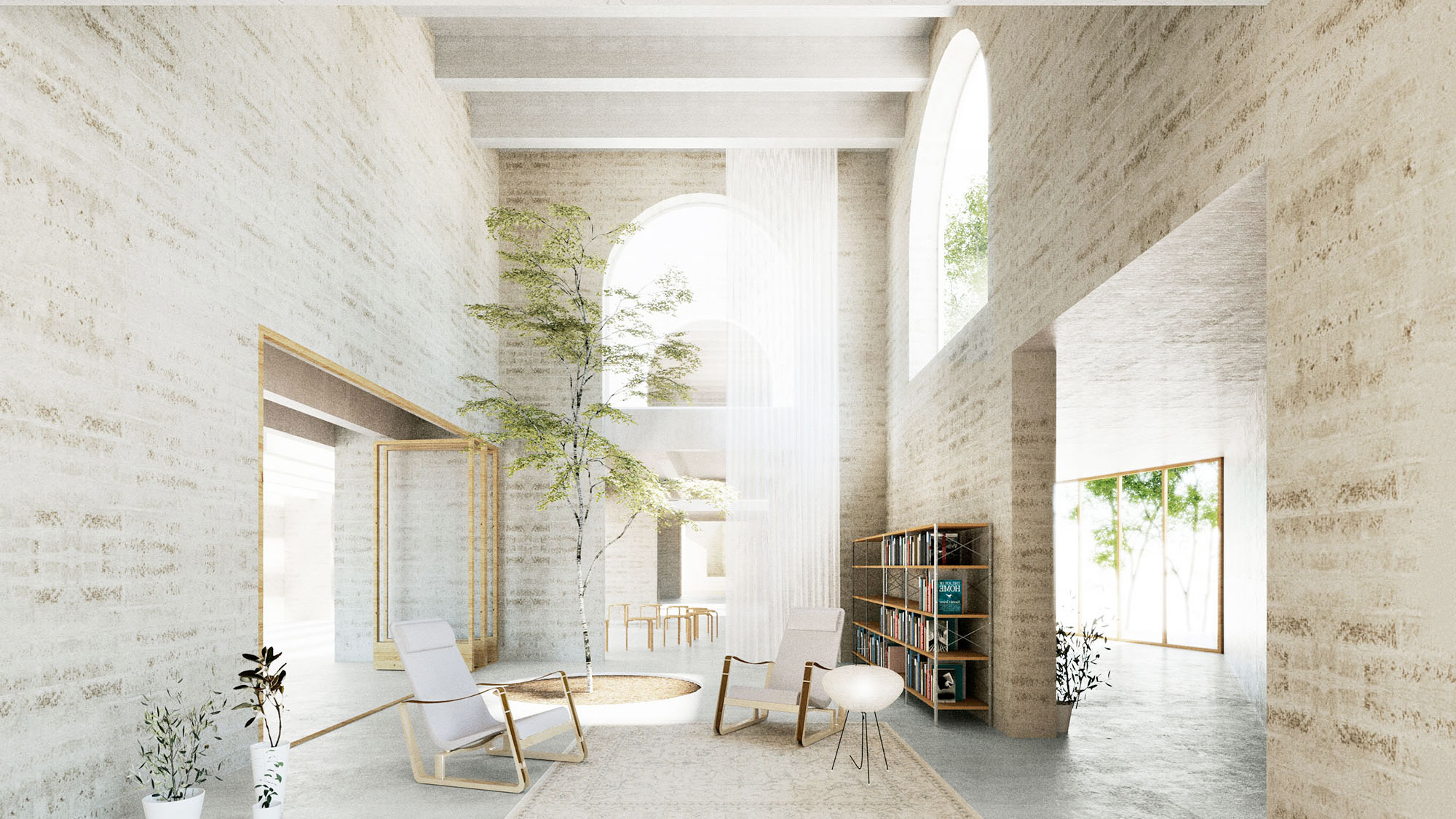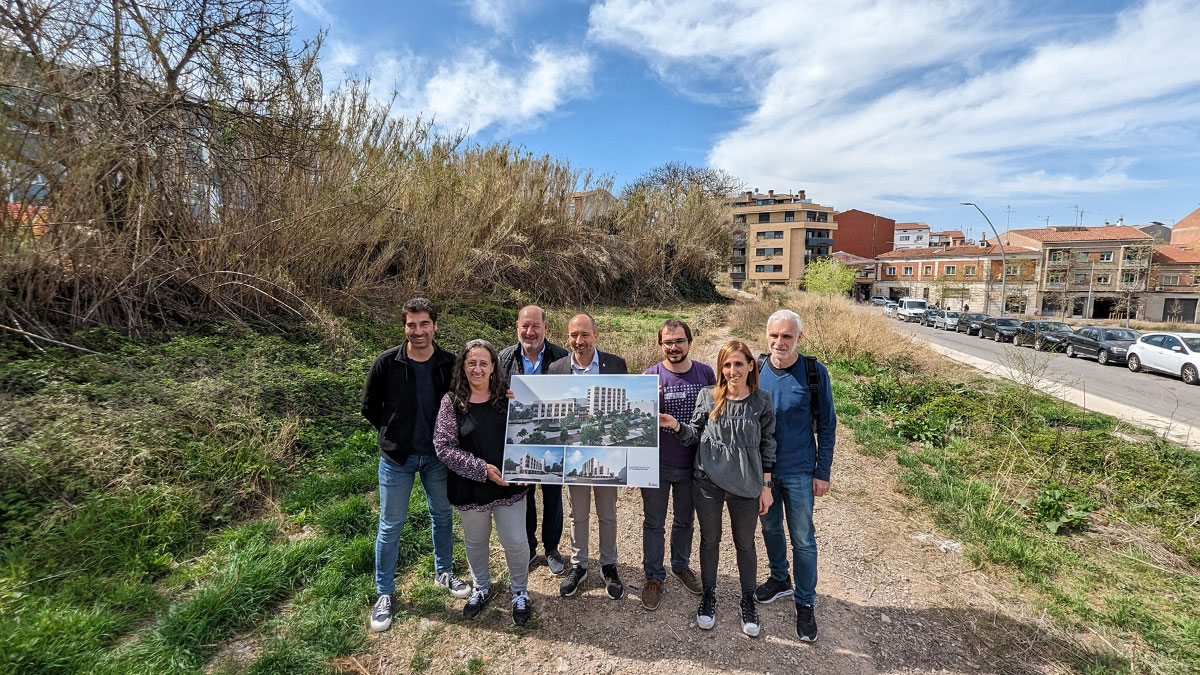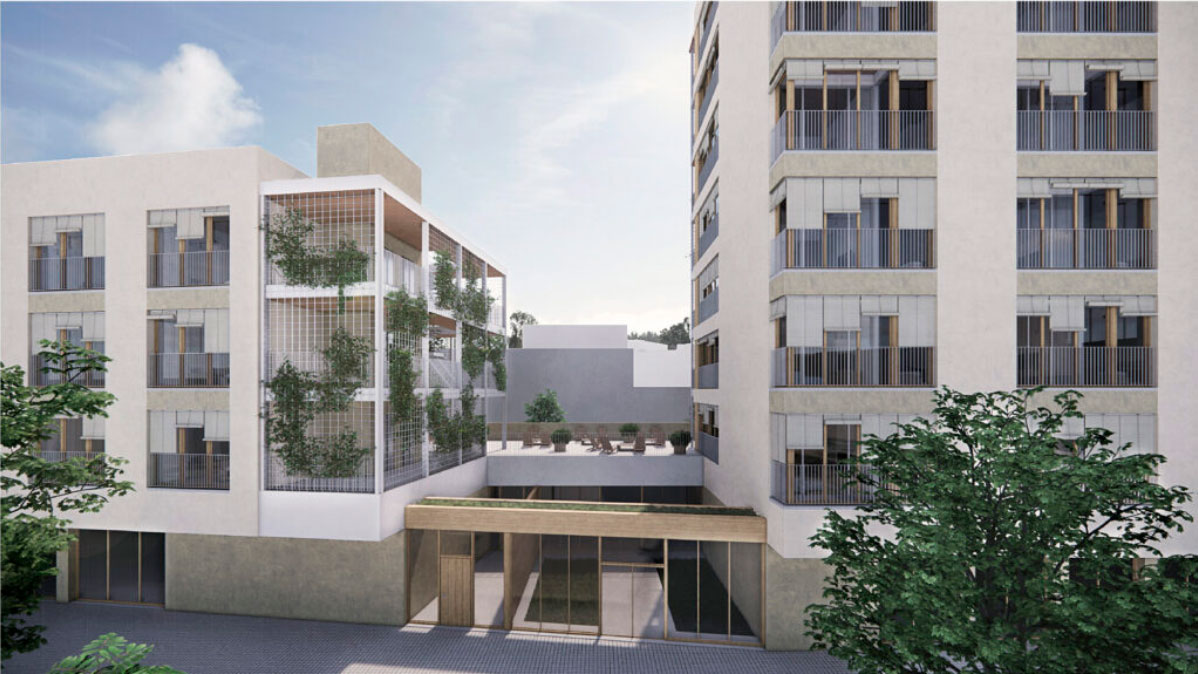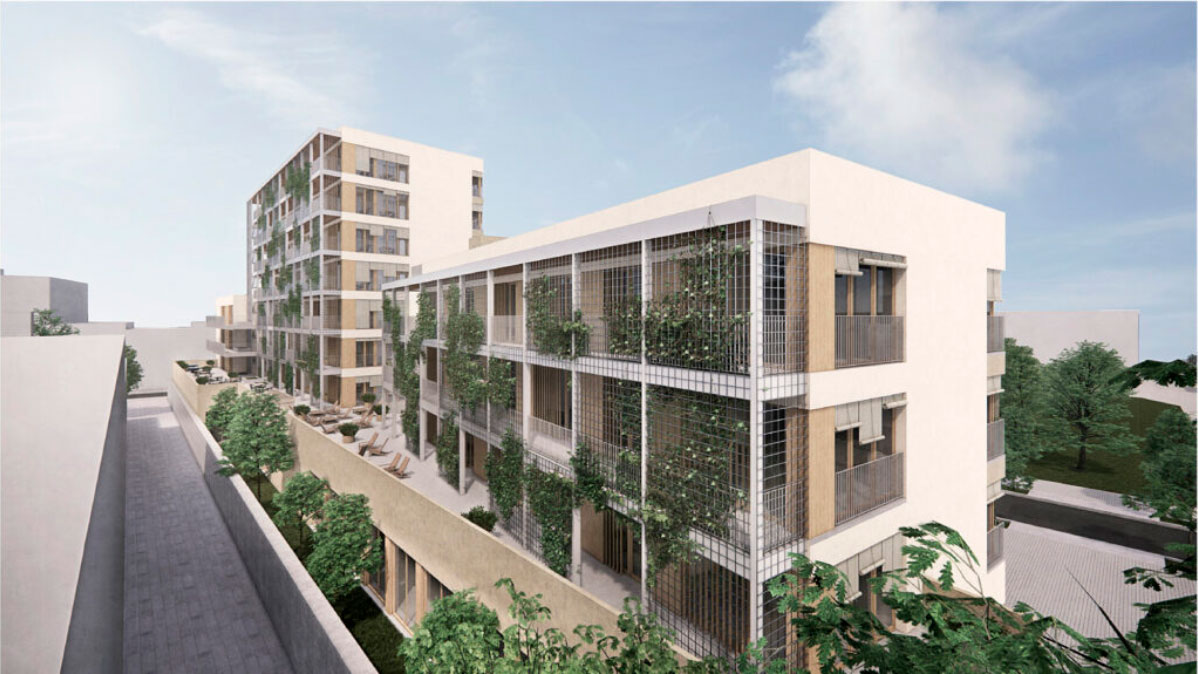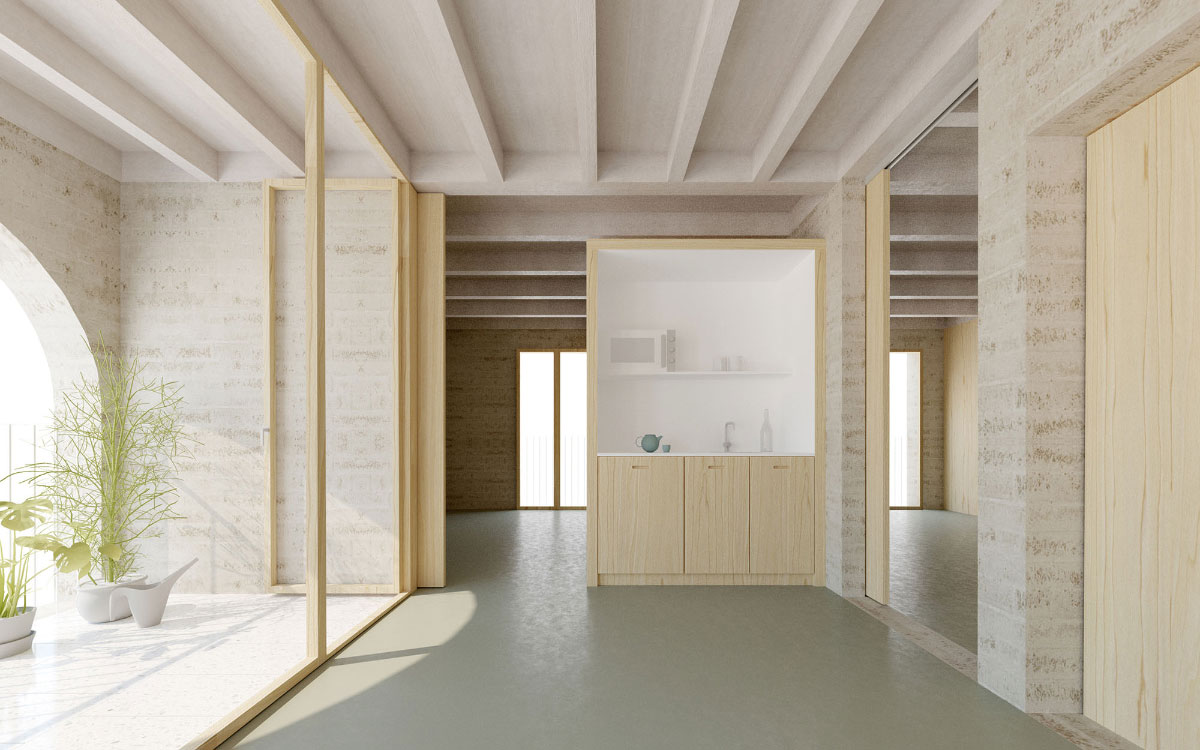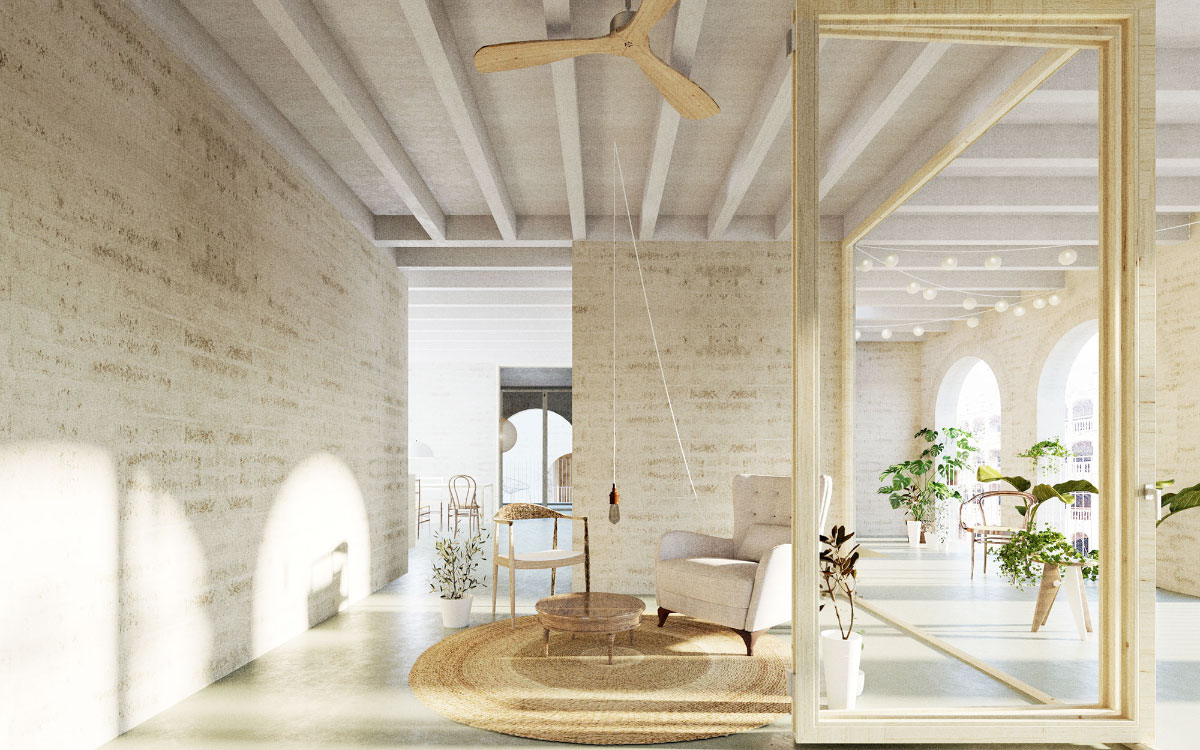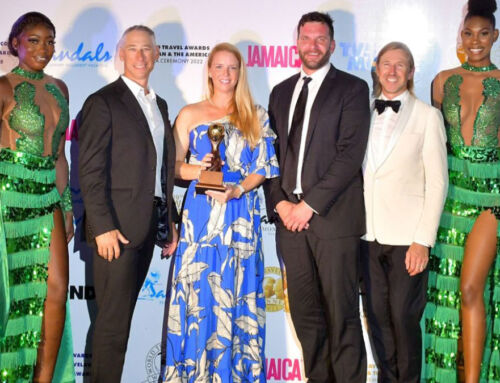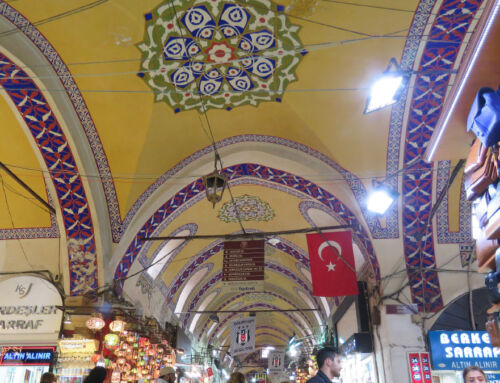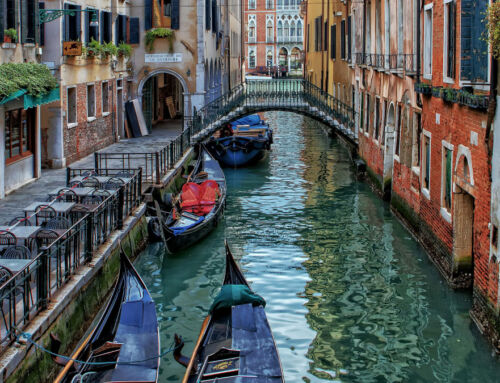Under the umbrella of the Sostre Cívic cooperative, a group of some 20 people aged between 55 and 70 has launched an initiative that renews the model of residential complex development in Spain. Can 70 is the name of the association and its real estate project. The declared founding objective of the group promoting this initiative is to develop a residential building that allows “living old age in a self-managed and supportive way, in an environment oriented to people’s needs, which facilitates the autonomous and healthy life of the elderly and encourages personal and collective growth“.
Barcelona City Council, through the Municipal Institute of Housing and Rehabilitation, recently signed the contract for the transfer of the surface right on two properties on the city’s Via Augusta to the Sostre Cívic cooperative. With this contract, the Can 70 project becomes the “first senior cooperative housing in Barcelona, and the first on public land in Catalonia and the (Spanish) State”
The Can 70 development model is based on the principles of collective ownership and the right to use the land. The former means that the ownership of the housing is vested in the cooperative, in other words, it is collective. Consequently, under its aegis, speculation and the possibility of individual profit are avoided. Moreover, collective ownership is an intermediate stage between individual private ownership and purely public ownership.
With regard to the second principle, with this model of residential complex, “housing is considered as a good for use“. Of course, the project requires its members to make an initial capital contribution and pay monthly instalments. However, far from responding to the situation of the real estate market, these monetary contributions are established directly and exclusively according to the costs of acquisition, maintenance and operation of the cooperative housing. In this way, the use value of the property is prioritised over its market value. It should be added that the surface right granted to Sostre Cívic by Barcelona City Council allows the use of the plots of land for a period of 99 years, although at no time do they cease to be public property.
With regard to the general objective pursued by the residential model, Can 70 deploys it in several instances, of which we highlight the following:
-Promoting an active and supportive life “that transforms the predominant social model, based on the family assumption of care for the elderly or their depersonalised institutionalisation“.
-To establish “networks of mutual support and shared collective spaces that favour the emotional balance of people and avoid isolation and loneliness”.
– To cooperatively self-manage the necessary services for the community”.
-Finally, “to live in a home and an environment that is ecologically sustainable, healthy and welcoming”.
For the architectural project, Can 70 is counting on the studio Pastor+Toral Arquitectes. As they report, “by January 2023 the Preliminary Project will be available”, while during the year they plan to first draw up the Basic Project and, subsequently, the Executive Project.
Sources: Sostre Cívic, Peris+Toral Arquitectes, Idealista.
Images: Sostre Cívic y Peris+Toral Arquitectes.


